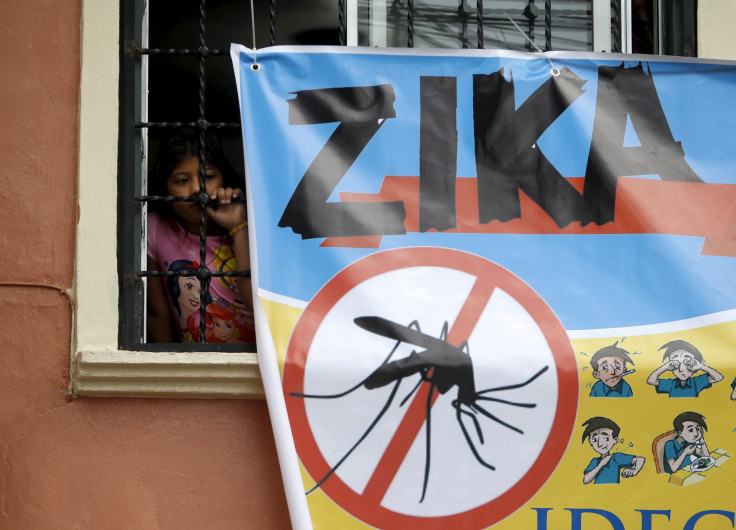Zika Virus: US President Barack Obama Urges Calm, To Seek $1.8B In Emergency Funds From Congress

U.S. President Barack Obama will ask Congress for over $1.8 billion in emergency funding to fight the outbreak of Zika virus, “both domestically and internationally,” the White House said, in a statement released Monday. The mosquito-borne disease, which has been spreading throughout the Americas, has been declared a global health threat by the World Health Organization.
The money would go toward expanding programs that control the spread of mosquitoes, as well as toward expanding research into vaccines and new public education programs, particularly for pregnant women.
The virus, which was until recently limited to a handful of countries in equatorial Africa and Asia, first appeared in Brazil in May. Since then, over 1.5 million people are believed to have been infected.
Although Zika infections normally cause mild symptoms, such as fever, rash, joint pain, and conjunctivitis, or no symptoms at all, health officials are concerned because the latest outbreak has corresponded with an drastic increase in the rate of microcephaly — a birth defect in which babies are born with small heads and undeveloped brains — in Brazil.
While the exact correlation between a Zika infection and microcephaly is still not clear, officials believe that pregnant women who are bitten by infected mosquitoes may be transmitting the virus to their fetuses through the placenta.
“The requested resources will build on our ongoing preparedness efforts and will support essential strategies to combat this virus, such as rapidly expanding mosquito control programs; accelerating vaccine research and diagnostic development; enabling the testing and procurement of vaccines and diagnostics; educating health care providers, pregnant women and their partners; improving epidemiology and expanding laboratory and diagnostic testing capacity; improving health services and supports for low-income pregnant women, and enhancing the ability of Zika-affected countries to better combat mosquitoes and control transmission,” the White House said, in a statement released Monday.
The disease is transmitted through bites of the Aedes aegypti mosquito, which is found in Florida, along the Gulf Coast and in states that border Mexico. So far, though, there have been no reported cases of transmission of the Zika virus by mosquitoes within the U.S., but some American travelers have returned home with the infection.
“The good news is this is not like Ebola, people don't die of Zika — a lot of people get it and don't even know that they have it,” Obama said, in an interview on CBS aired Monday. “There shouldn't be panic on this. … [But] It is something we have to take seriously.”
© Copyright IBTimes 2025. All rights reserved.






















